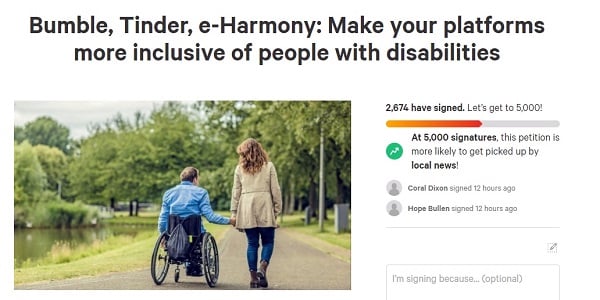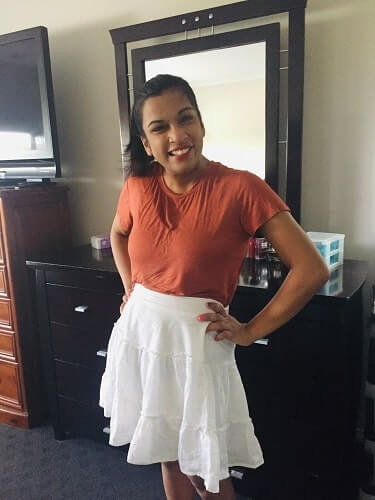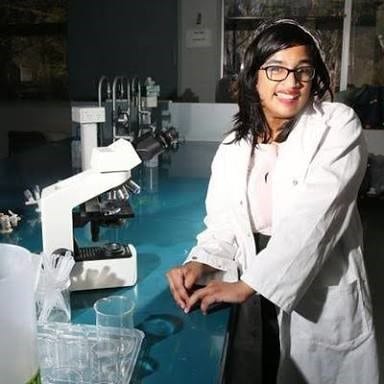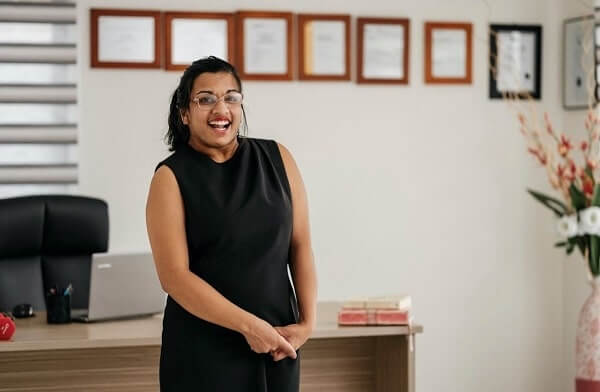Navigating the world of online dating can be a daunting experience, facing awkward encounters and confusing conversations in the search for love.
Unfortunately, it’s much more complicated than that for more than 4 million Australians living with a disability.
“When people see me for the first time, some of them make false assumptions,” shared Jerusha Mather, a disability advocate, poet, and motivational speaker living with cerebral palsy.
“We should just see disability as a normal part of diversity and not make it a big deal. People with disabilities are capable of so much and can have a high quality of life just like anyone else.”
Tired of the misconceptions and lack of support, the 27-year-old Melbournian is calling on dating apps like Bumble, Tinder, and e-Harmony to make their platforms more inclusive of people with disabilities (PWD).

“There should be more specialised coaching/ mentoring programs and alternative options for people who’d prefer not to use dating apps, like a free matchmaking program and free speed dating events aimed at increasing inclusion,” Jerusha told Indian Link.
“Recent research has found that PWD have similar wants when it comes to dating yet support, inclusivity and lack of equal opportunities were the main preventers in them having meaningful dating experiences.”
Importantly, she highlights the need for improved safety norms and support on such apps for people with disabilities. According to the Australian Institute of Health and Welfare, around 43 per cent of adults with disability have experienced sexual harassment, compared to 37 per cent of Australians without disability.
The Change.org petition has already received more than 2,500 signatures.
“Everyone has the right to find their special someone. And those of us who have disabilities are not different. It just takes a little of understanding, compassion and communication,” wrote one supporter.
“It is hard enough to put yourself out there… and this won’t affect able bodied persons. It does, however, allow contact between disabled and able bodied, by mutual decision and disclosure,” added another user.
Normalising such relationships remains an important cause for Jerusha.
“Some people have this biased view that people with disabilities should only date people with disabilities. This is an unacceptable false assumption. We should be able to date a diverse range of people, and this should be the norm. We should be looked upon as potential partners and partners. We should be looked upon as contributing equally to the relationship,” she elaborated.
READ ALSO: Meet Kashmir’s first wheelchair basketball player

Having moved to Australia from Sri Lanka at the age of two, she’s particularly passionate about dispelling such misconceptions within the South Asian community.
“The perception of PWDs can be particularly negative within the South Asian community. This has got to change and is thankfully slowly changing. I think the focus should be on progression rather than perfection. Particularly in these cultures, you have the assumption that people with disabilities should only marry people with disabilities, which is just unacceptable.”
This message of empowerment has certainly dominated headlines recently after Paralympian and fellow disability advocate Dylan Alcott was named Australian of the Year 2022. (Notably, the first time in the award’s 62-year history that it went to a person with a visible disability.) What was her reaction to the news?
“I was overjoyed and excited for Dylan. He’s an amazing and genuine advocate for people with disabilities and I know he’ll do great work as the Australian of the Year. He’s a true champion with a powerful and influential voice and has a passionate heart for making things accessible for people with disabilities,” Jerusha said.
READ ALSO: My first encounter with Angelman Syndrome

As she continues her PhD in neuroscience with the goal of becoming a rehabilitation physician, she’s making crucial strides of her own. In 2020, she joined the Australian Academy of Science’s group of twelve STEM Women Changemakers.
“I loved learning biology and psychology at high school and wanted to make a difference in people’s life, so that became my life’s purpose and mission. I also wanted to utilise my lived experiences to create a more empathetic and compassionate medical environment,” she told Indian Link.
Already her Change.org petition has started to gain traction: two weeks ago, representatives from Bumble Australia reached out, promising to pass on these ideas to their internal team for consideration.
“We often try to fix the disability thinking it is a problem, rather than fixing the environment. We should create more changes to make society more accessible and inclusive and transform mindsets,” Jerusha said.




